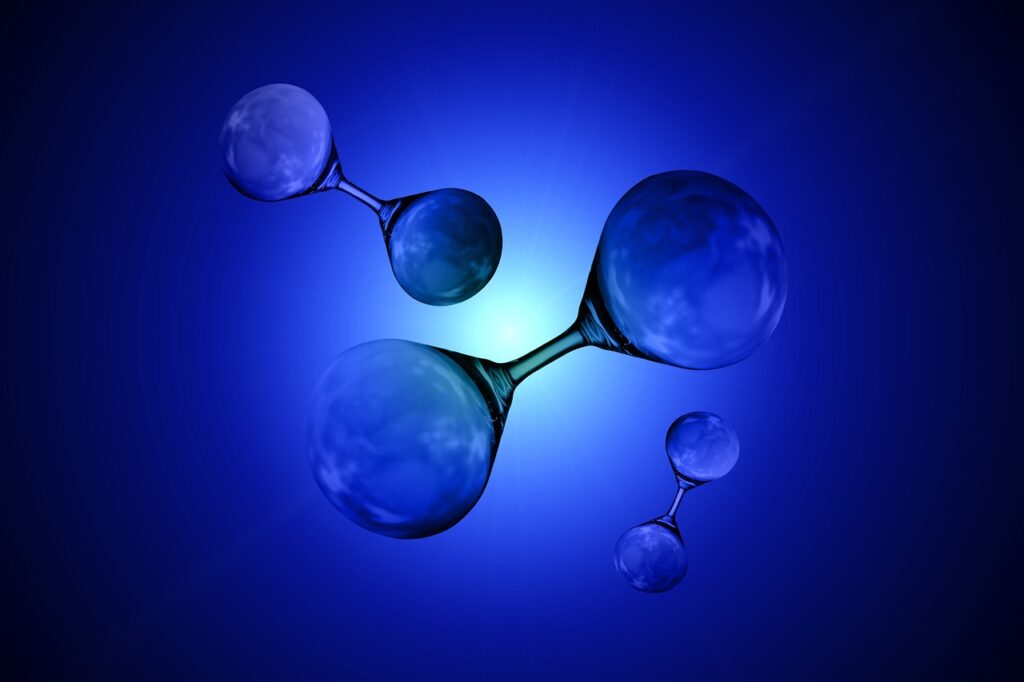General Motors (GM) is collaborating with a development partner to establish a hydrogen fuel cell plant in Detroit.
This joint venture is part of a broader effort to expand the use of renewable energy sources in the automotive industry. The plant is expected to produce advanced hydrogen fuel cells, which are a key component for powering electric vehicles (EVs). These fuel cells convert hydrogen into electricity, offering a cleaner alternative to traditional gasoline-powered engines.
Hydrogen fuel cells are devices that generate electricity through a chemical reaction between hydrogen and oxygen. Unlike conventional power sources, they emit only water vapor and heat as byproducts, making them highly environmentally friendly. The technology has been in development for several years, but recent advancements have made it more viable for commercial use.
GM’s partner in this venture is expected to contribute expertise and resources to the project. This collaboration aligns with GM’s long-term strategy to be a leader in sustainable transportation. The plant in Detroit will serve as a production hub for the new fuel cells, scaling up the availability of this innovative technology.





